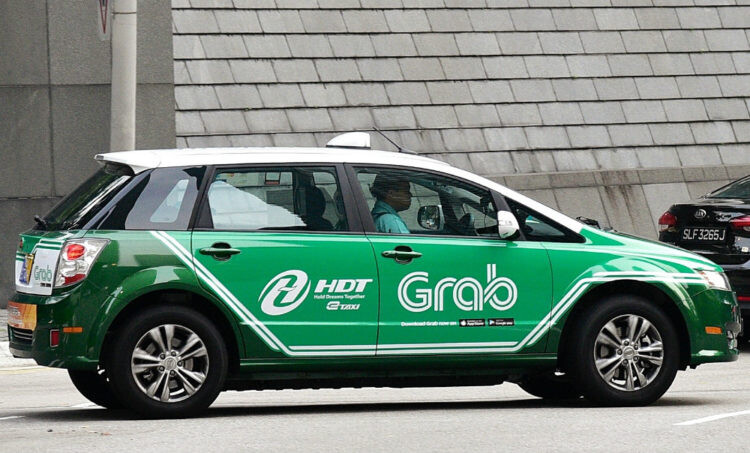
Singapore - Southeast Asian ride-hailing giant Grab (Nasdaq: GRAB) is poised to shake up Singapore's taxi market with its full-fledged entry into the sector. Grab's new taxi business unit, "GrabCab," recently secured a 10-year roadside taxi operator license from Singapore's Land Transport Authority (LTA), becoming the sixth official taxi operator in the country.
Backed by Grab's substantial capital and technological prowess, GrabCab plans to operate an environmentally friendly taxi fleet consisting of low-emission and zero-emission vehicles from its launch. The company aims to expand its fleet to 800 taxis within the next three years.
Industry analysts predict that GrabCab will likely draw a significant number of drivers from established taxi companies like ComfortDelGro. Key factors contributing to this expectation include GrabCab's ▲lower vehicle rental fees, ▲attractive driver incentives, and the ▲synergistic effects of Grab's already robust user base within its app ecosystem. This move is interpreted not merely as an expansion of taxi fleets, but as a determined effort by Grab to seize leadership in Singapore's taxi market.
Differentiating Strategies from Existing Operators
The emergence of GrabCab poses a significant threat to existing taxi operators, and not just due to an increase in the number of vehicles. Grab intends to secure a competitive edge through innovative strategies that break from traditional approaches:
Platform Integration: Grab will integrate its existing ride-hailing platform with its taxi operation system, offering drivers more flexible earning opportunities.
Enhanced Driver Support: Plans include providing free training programs and a co-driver matching service to improve driver satisfaction and retention.
Data-Driven Operational Efficiency: Grab is expected to leverage its vast data to provide tools that maximize driver productivity.
Integration with Existing Services: Utilizing its extensive private car ride-hailing network and strong promotional capabilities, Grab aims to accelerate the growth of GrabCab.
These differentiating strategies necessitate a fundamental review of business strategies for existing taxi operators. Failure to adapt could result in the loss of both drivers and market share, according to analysts.
Aligning with Singapore's Green Policies and ESG Investment Trends
GrabCab's plan to operate an eco-friendly taxi fleet aligns with the Singaporean government's policy of building a sustainable transportation system. This can also act as a positive factor for investors who prioritize ESG (Environmental, Social, and Governance) management.
Increased Market Competition and Anticipated Benefits for Consumers
While taxi fares are regulated by the government, the core of market competition ultimately lies in securing taxi supply and customer loyalty. Especially given the decline in the number of taxi drivers since the pandemic, Grab's ability to attract and retain drivers will be a crucial factor in determining market dynamics. Grab reports already receiving positive responses from a significant number of drivers, and GrabCab taxis are expected to begin operating on Singaporean roads starting in June.
By leveraging the strengths of the traditional taxi market, such as exclusive operating rights at roadside taxi stands and demand during late-night hours, while simultaneously capitalizing on its existing platform, Grab is now positioned to exert a powerful influence across Singapore's entire mobility market. Investors should closely monitor Grab's moves and the response strategies of its competitors in Singapore's strictly regulated yet rapidly integrating transportation market. This is not just about adding more taxis; it signals a new competitive landscape in Singapore's mobility sector.
[Copyright (c) Global Economic Times. All Rights Reserved.]






























